Home / world / Florida Voters to Decide Future of Six-Week Abortion Ban in Pivotal Ballot Measure
Florida Voters to Decide Future of Six-Week Abortion Ban in Pivotal Ballot Measure
By: My India Times
3 minutes read 71Updated At: 2024-11-05
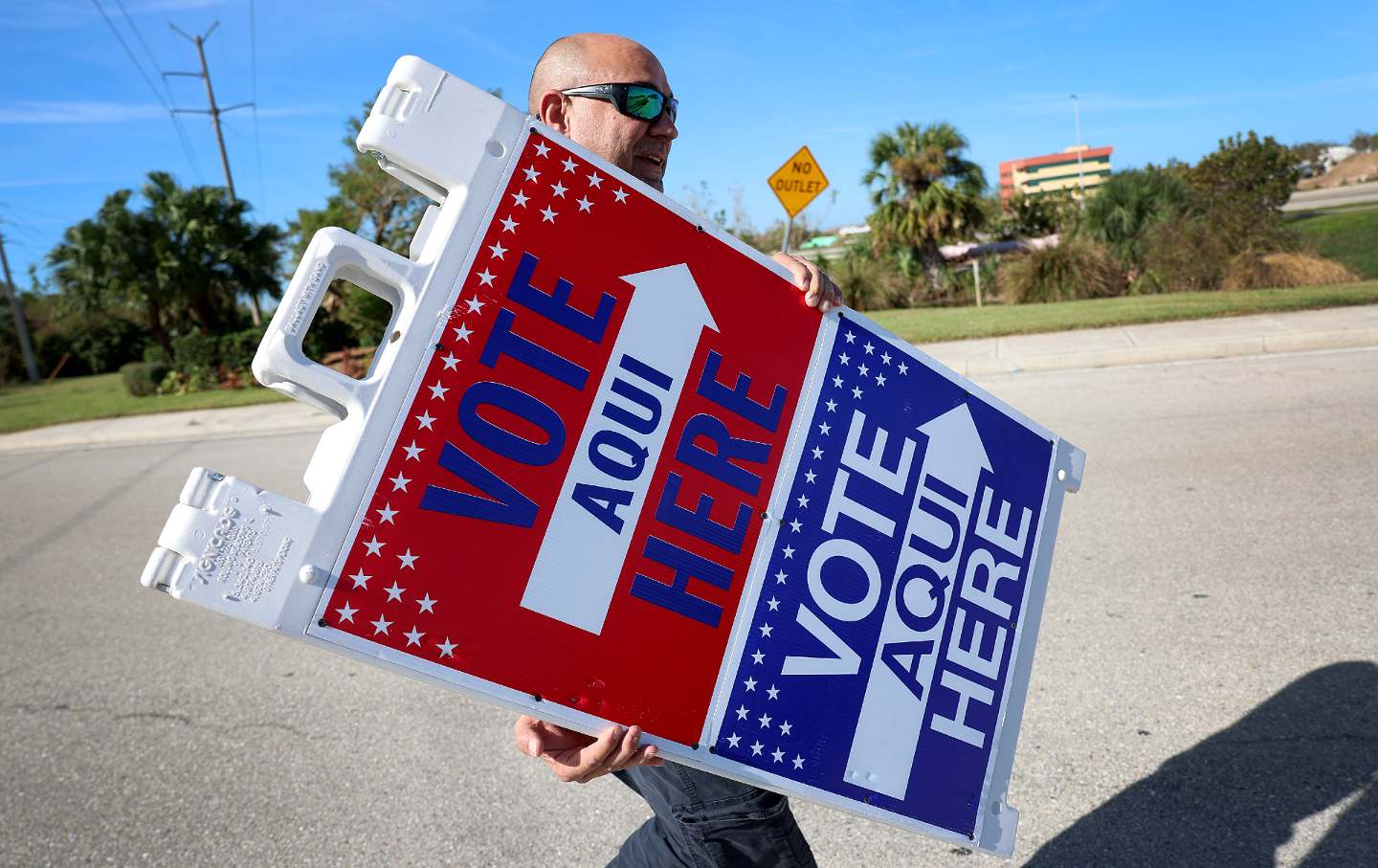
This November, Florida voters face a critical decision that could alter the state’s approach to abortion access. Amendment 4, the measure on the ballot, seeks to overturn the current six-week abortion ban in Florida, which is one of the most restrictive in the nation, allowing exceptions only in limited cases. If passed, the amendment would extend abortion access up to fetal viability, typically around 24 weeks of pregnancy, with allowances for later abortions to protect a patient’s health.
For 18-year-old Betsy Linkhorst, this vote will be her first. She shared her feelings of both excitement and concern, explaining that voting “yes†on Amendment 4 is not only about her personal beliefs but also about affirming rights for herself and other women across Florida. “I don’t think it’s the government’s right to police women’s bodies,†she said, underscoring the deep divide that this issue continues to create across the nation.
Abortion rights have been at the center of national debates since the U.S. Supreme Court's decision to overturn Roe v. Wade, a ruling that gave states complete authority over abortion regulations. Since then, 17 states have enacted near-total abortion bans, making Florida’s Amendment 4 a closely watched measure as it will test whether voters in a conservative state are open to rolling back abortion restrictions.
Polling data suggests that Amendment 4 enjoys a majority of support in Florida, though it must reach a 60% threshold to pass. For abortion rights advocates, this ballot measure represents an uphill battle in a state with strong conservative roots, making it what Kelly Hall, executive director of the Fairness Project, calls “the hardest place in the country to win.â€
The significance of this measure extends beyond Florida’s borders. Political strategists and advocates believe that if Florida voters approve Amendment 4, it would serve as a catalyst for similar measures across other states where abortion restrictions have been implemented. Success here could signal a shift in public sentiment nationwide, boosting the momentum for abortion rights activists.
The stakes are particularly high as this is the first presidential election since Roe v. Wade was overturned. Democratic leaders hope the issue will mobilize voters, especially in battleground states like Arizona and Nevada, where abortion is also on the ballot. Pollsters suggest that this measure could play a substantial role in voter turnout, potentially swaying the balance of power in favor of Democrats.
The significance of abortion access in this election cycle is underscored by the shifts in rhetoric from key political figures. Former President Donald Trump, a Florida resident and the GOP’s 2024 nominee, has walked back his previous hardline stance, suggesting that he believes the issue should be left up to the states. Initially, Trump indicated he might even support Amendment 4, only to reverse his stance after backlash from anti-abortion advocates.
Historically, abortion has been a defining issue that cuts across party lines, and recent elections have shown surprising support for abortion access even in conservative states like Kentucky and Kansas. In last year’s midterms, voters in these states rejected proposals to further restrict abortion, signaling widespread support for reproductive rights. This trend could have significant implications in Florida, where Amendment 4 has the potential to become a landmark decision in the fight over abortion rights.
For many voters, this decision extends beyond just one issue—it represents a broader question of autonomy and individual rights. As the nation watches, Florida’s decision on Amendment 4 will not only impact millions of residents but could also shape the future of abortion legislation across the United States.
....This November, Florida voters face a critical decision that could alter the state’s approach to abortion access. Amendment 4, the measure on the ballot, seeks to overturn the current six-week abortion ban in Florida, which is one of the most restrictive in the nation, allowing exceptions only in limited cases. If passed, the amendment would extend abortion access up to fetal viability, typically around 24 weeks of pregnancy, with allowances for later abortions to protect a patient’s health.
For 18-year-old Betsy Linkhorst, this vote will be her first. She shared her feelings of both excitement and concern, explaining that voting “yes†on Amendment 4 is not only about her personal beliefs but also about affirming rights for herself and other women across Florida. “I don’t think it’s the government’s right to police women’s bodies,†she said, underscoring the deep divide that this issue continues to create across the nation.
Abortion rights have been at the center of national debates since the U.S. Supreme Court's decision to overturn Roe v. Wade, a ruling that gave states complete authority over abortion regulations. Since then, 17 states have enacted near-total abortion bans, making Florida’s Amendment 4 a closely watched measure as it will test whether voters in a conservative state are open to rolling back abortion restrictions.
Polling data suggests that Amendment 4 enjoys a majority of support in Florida, though it must reach a 60% threshold to pass. For abortion rights advocates, this ballot measure represents an uphill battle in a state with strong conservative roots, making it what Kelly Hall, executive director of the Fairness Project, calls “the hardest place in the country to win.â€
The significance of this measure extends beyond Florida’s borders. Political strategists and advocates believe that if Florida voters approve Amendment 4, it would serve as a catalyst for similar measures across other states where abortion restrictions have been implemented. Success here could signal a shift in public sentiment nationwide, boosting the momentum for abortion rights activists.
The stakes are particularly high as this is the first presidential election since Roe v. Wade was overturned. Democratic leaders hope the issue will mobilize voters, especially in battleground states like Arizona and Nevada, where abortion is also on the ballot. Pollsters suggest that this measure could play a substantial role in voter turnout, potentially swaying the balance of power in favor of Democrats.
The significance of abortion access in this election cycle is underscored by the shifts in rhetoric from key political figures. Former President Donald Trump, a Florida resident and the GOP’s 2024 nominee, has walked back his previous hardline stance, suggesting that he believes the issue should be left up to the states. Initially, Trump indicated he might even support Amendment 4, only to reverse his stance after backlash from anti-abortion advocates.
Historically, abortion has been a defining issue that cuts across party lines, and recent elections have shown surprising support for abortion access even in conservative states like Kentucky and Kansas. In last year’s midterms, voters in these states rejected proposals to further restrict abortion, signaling widespread support for reproductive rights. This trend could have significant implications in Florida, where Amendment 4 has the potential to become a landmark decision in the fight over abortion rights.
For many voters, this decision extends beyond just one issue—it represents a broader question of autonomy and individual rights. As the nation watches, Florida’s decision on Amendment 4 will not only impact millions of residents but could also shape the future of abortion legislation across the United States.
By: My India Times
Updated At: 2024-11-05
Tags: world News | My India Times News | Trending News | Travel News
Join our WhatsApp Channel













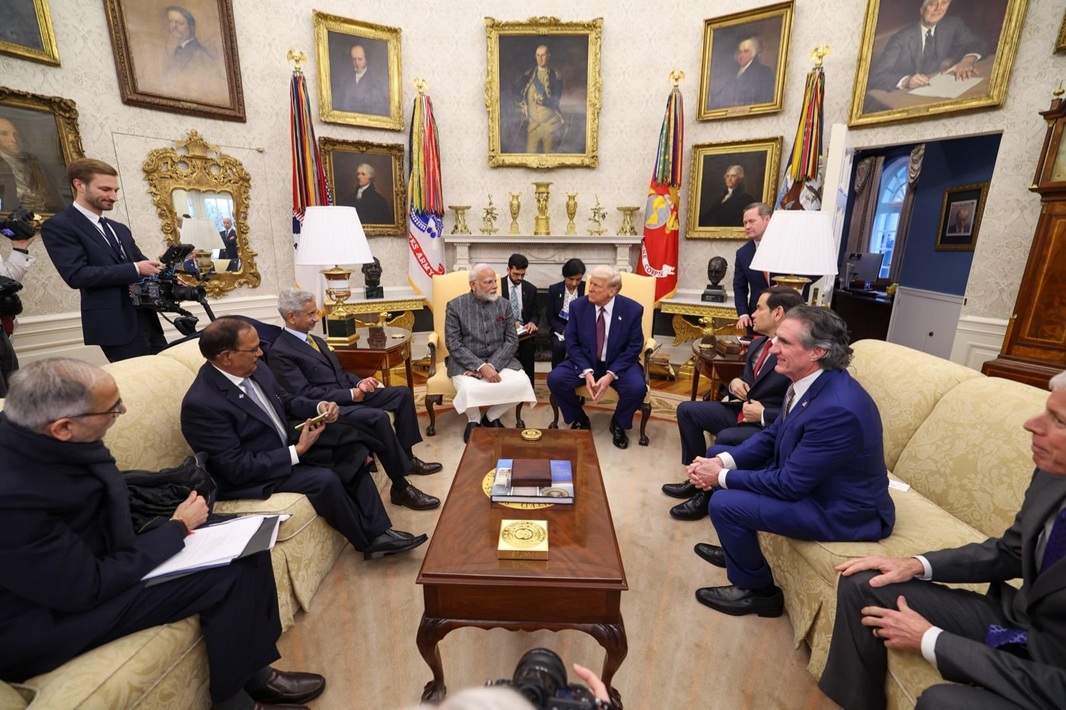




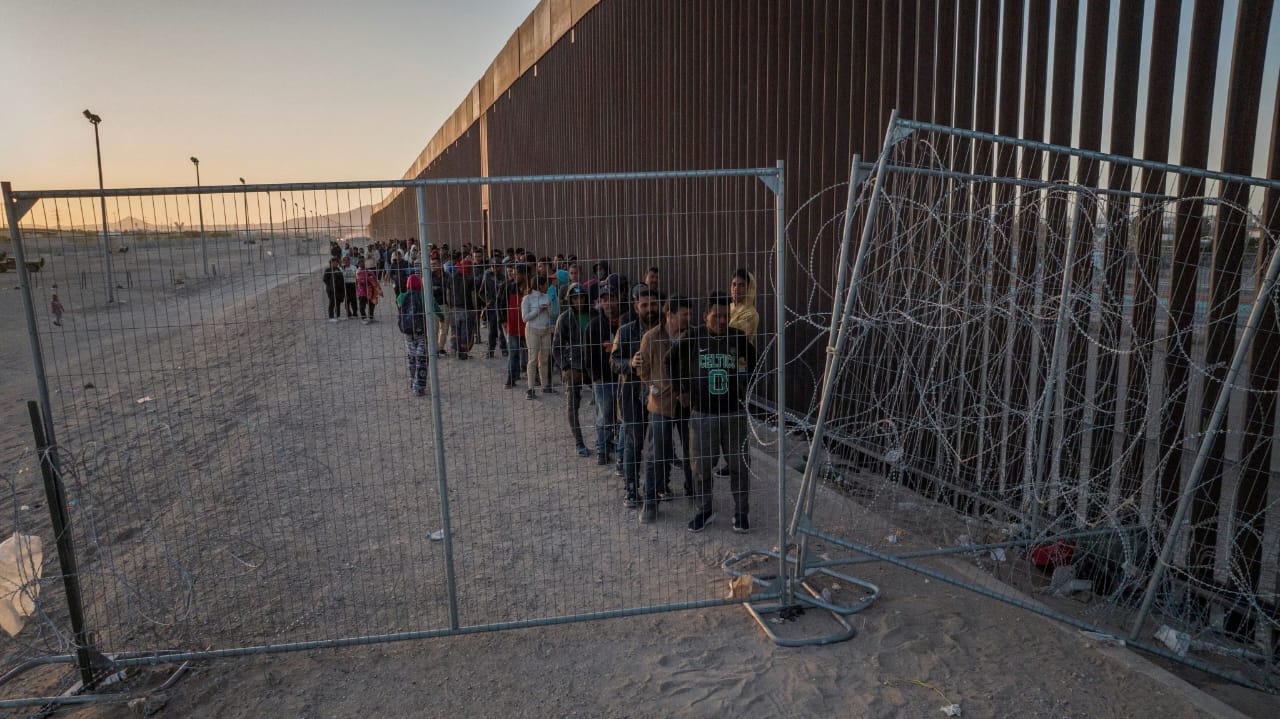


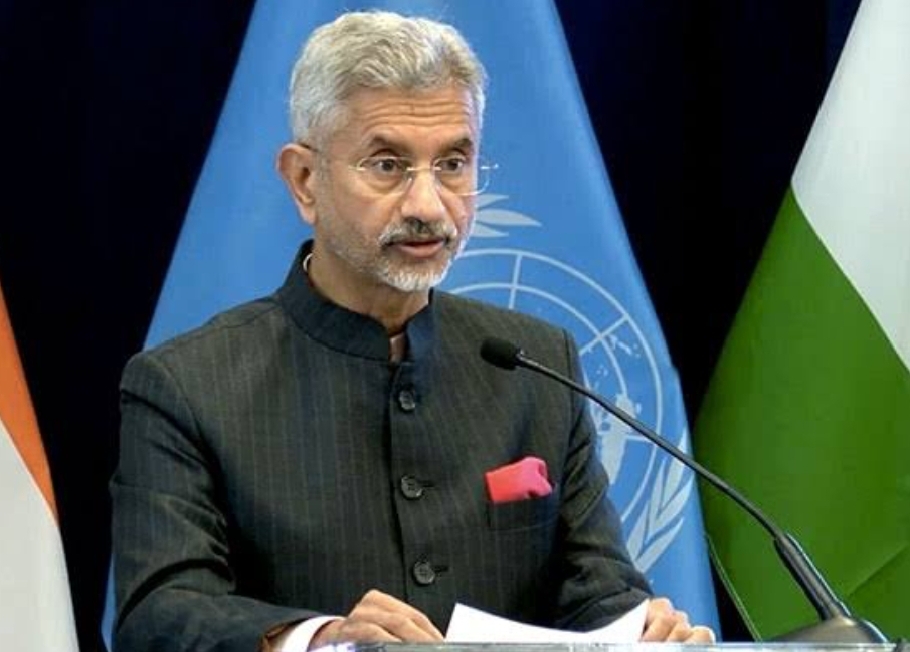




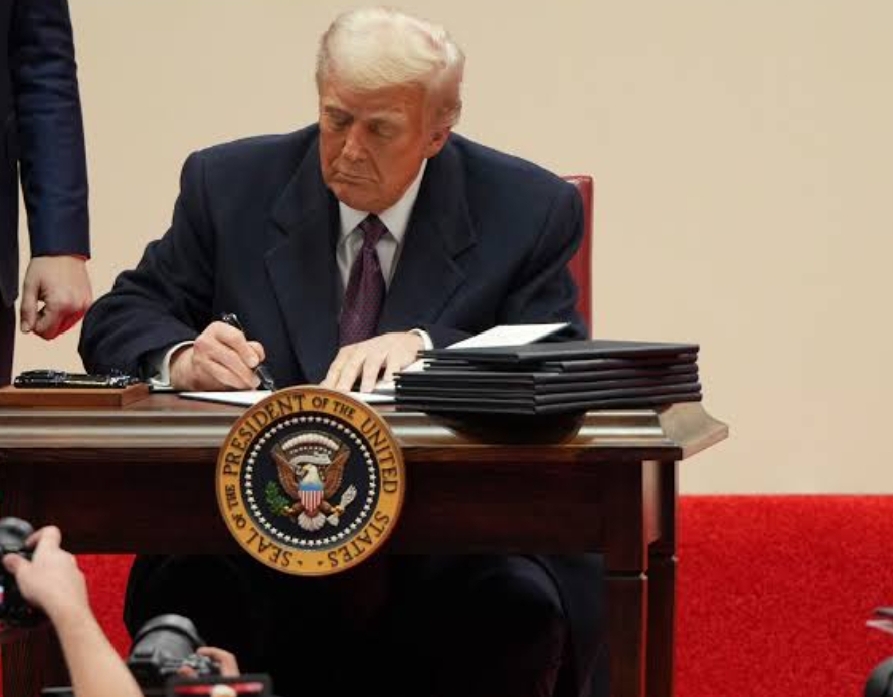





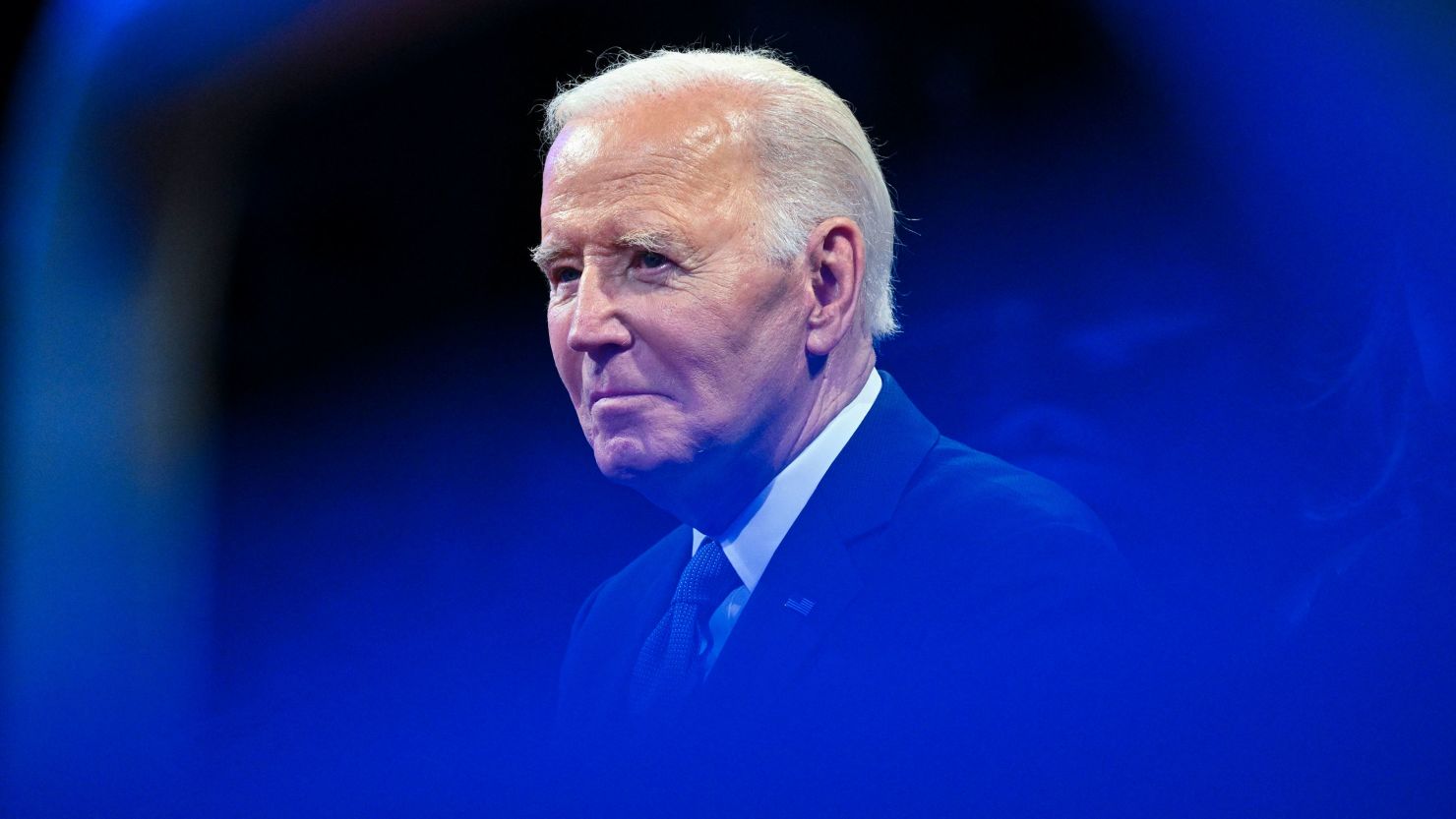








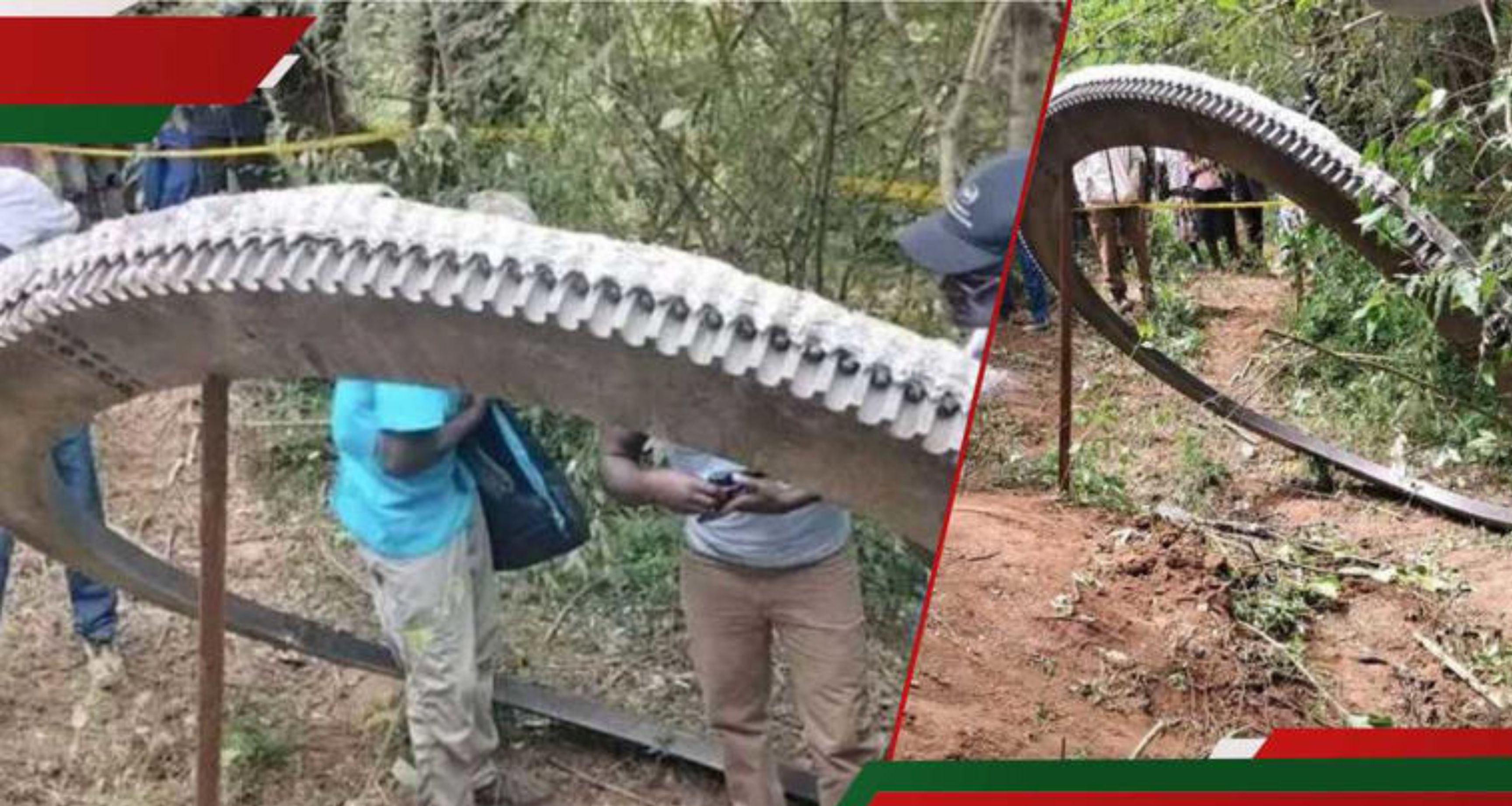


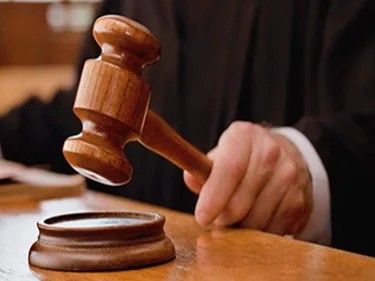

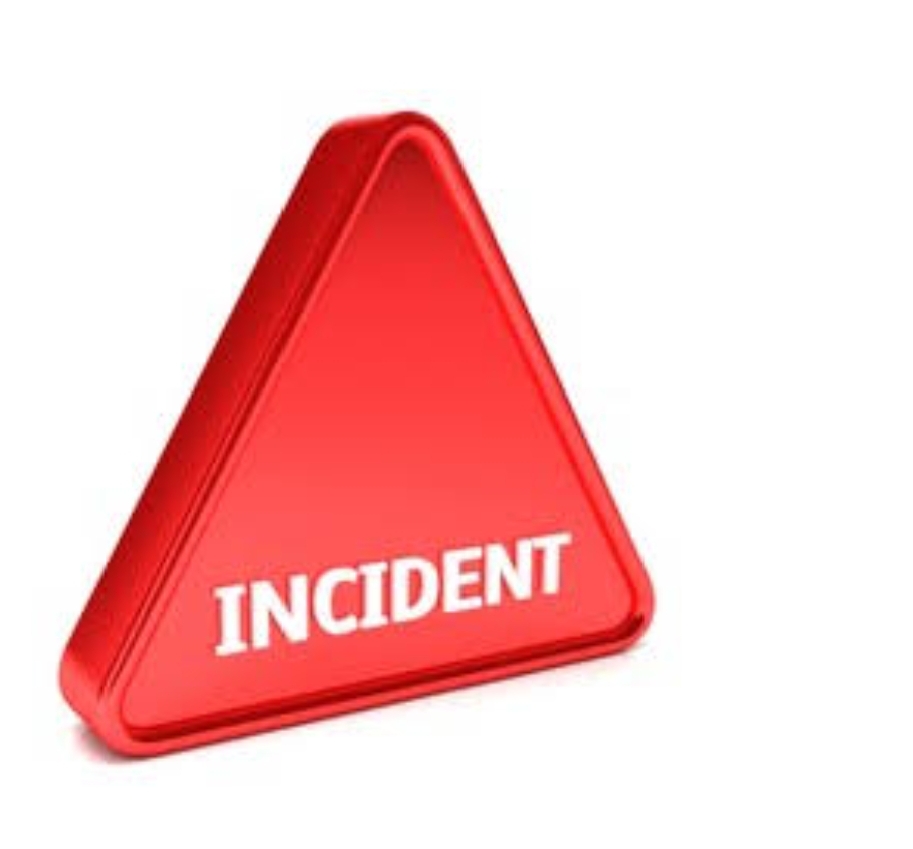





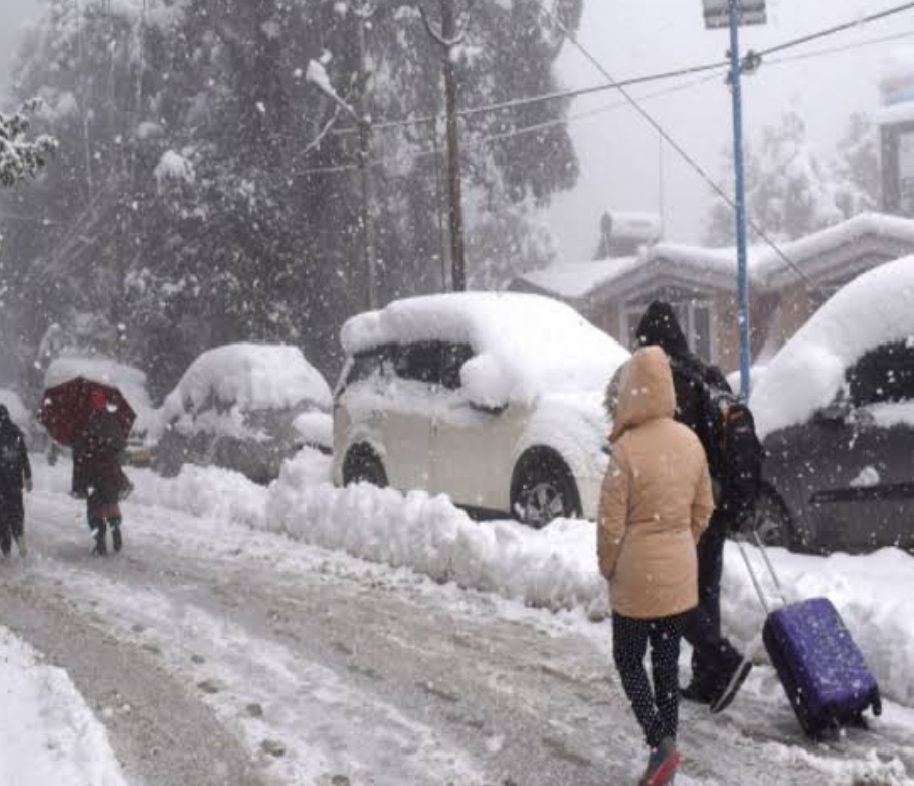

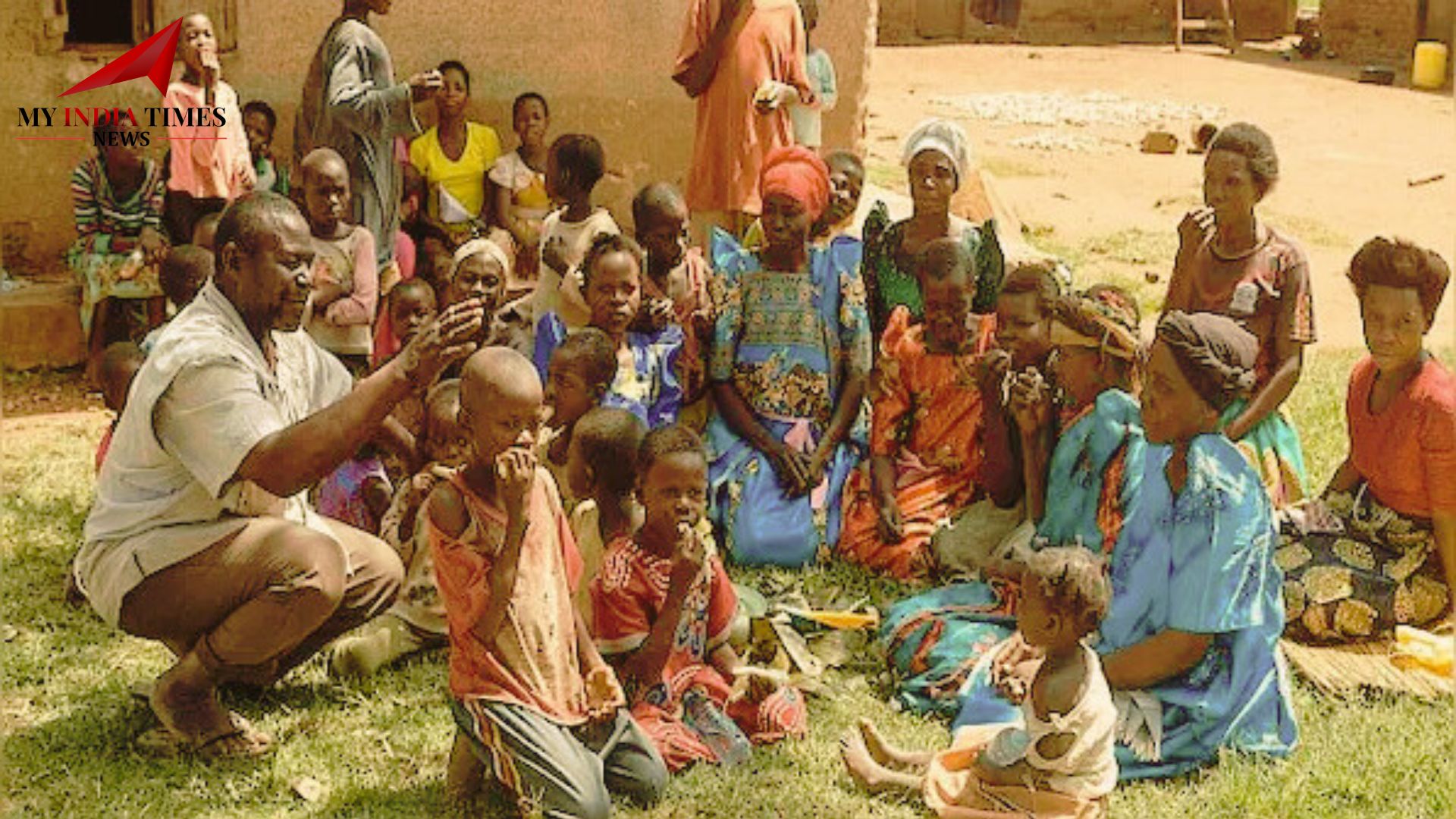
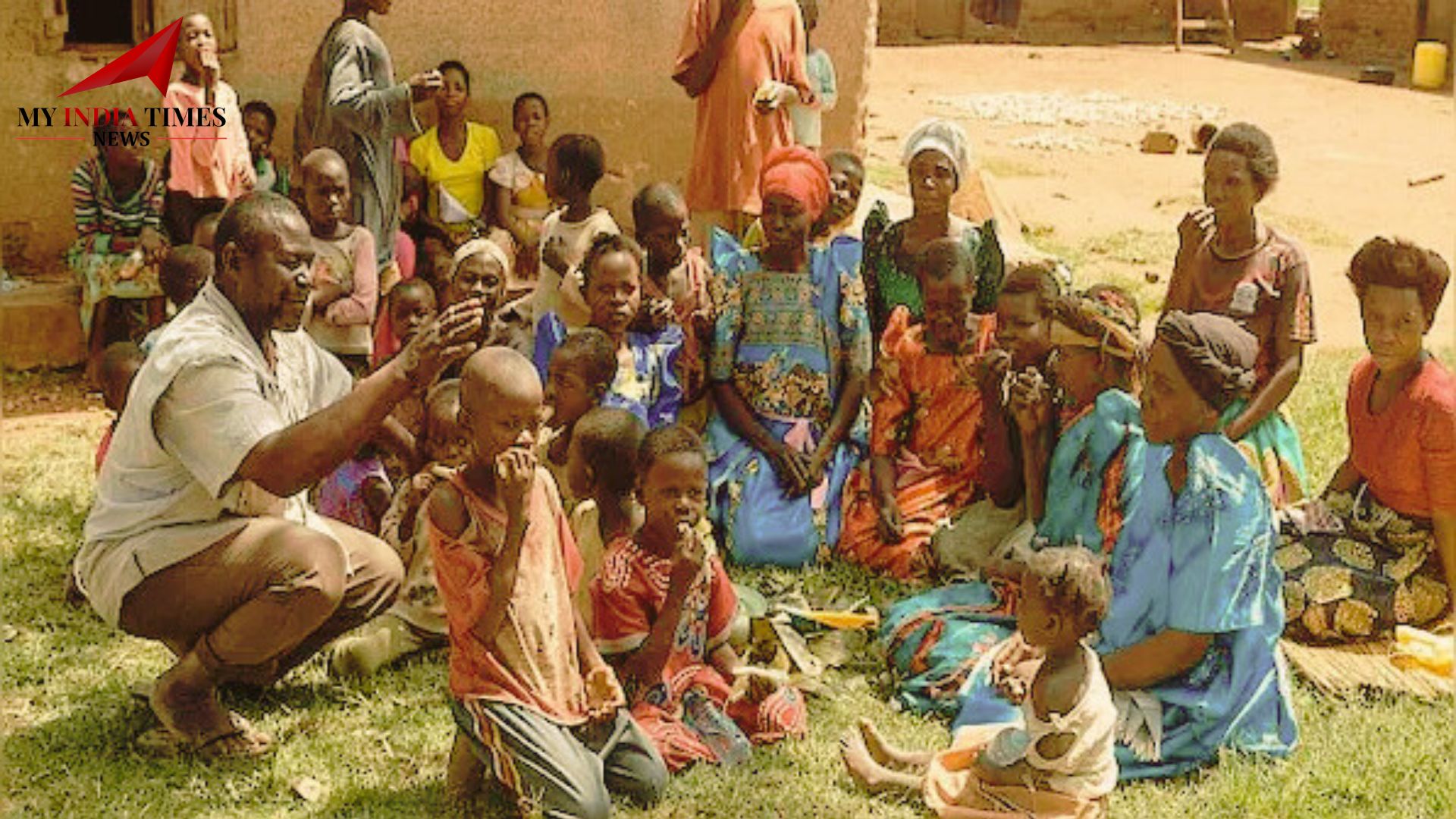
















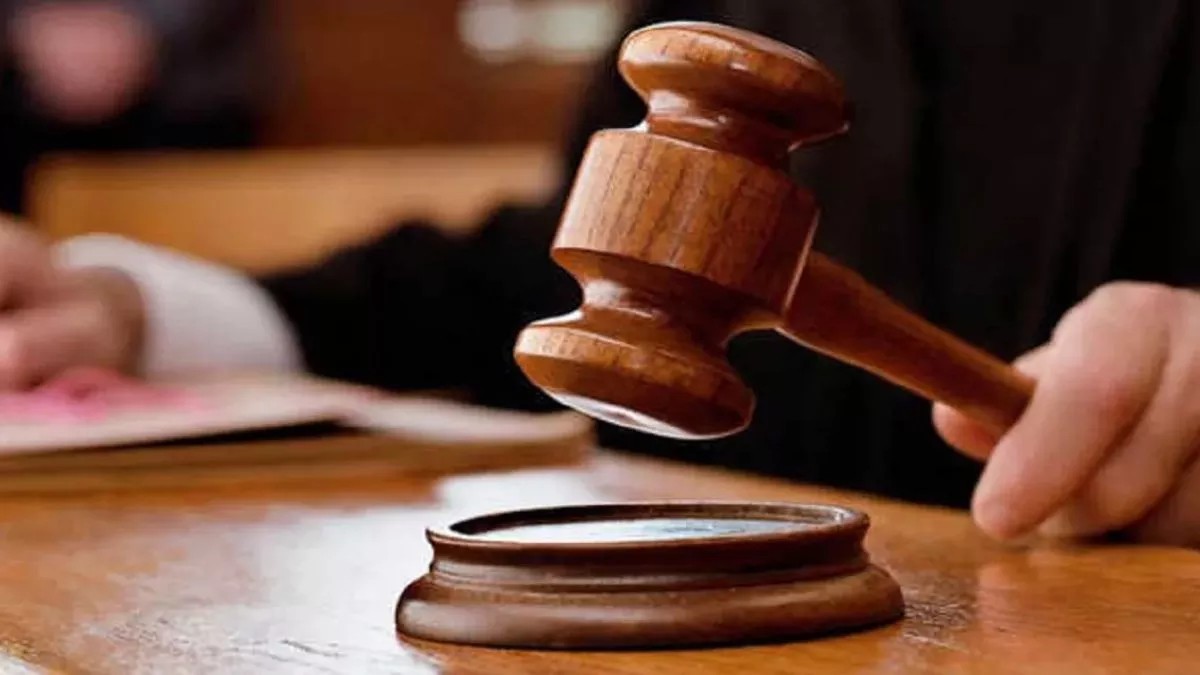




.png)




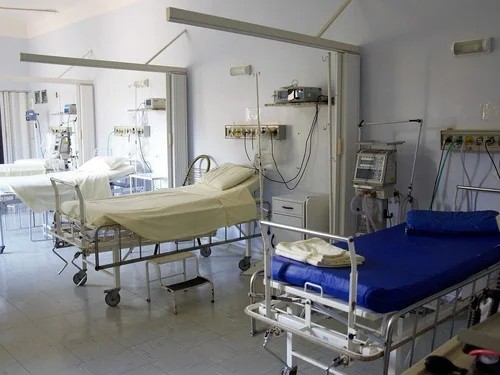



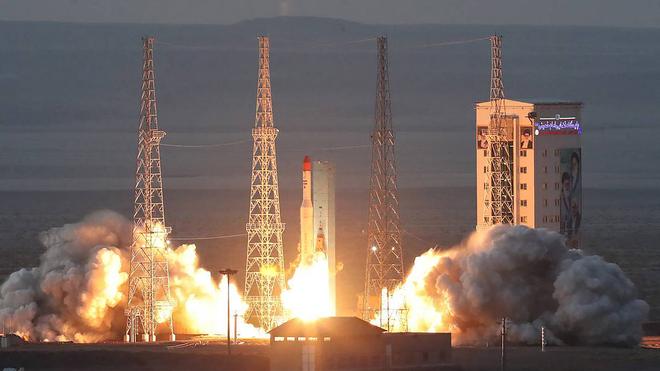





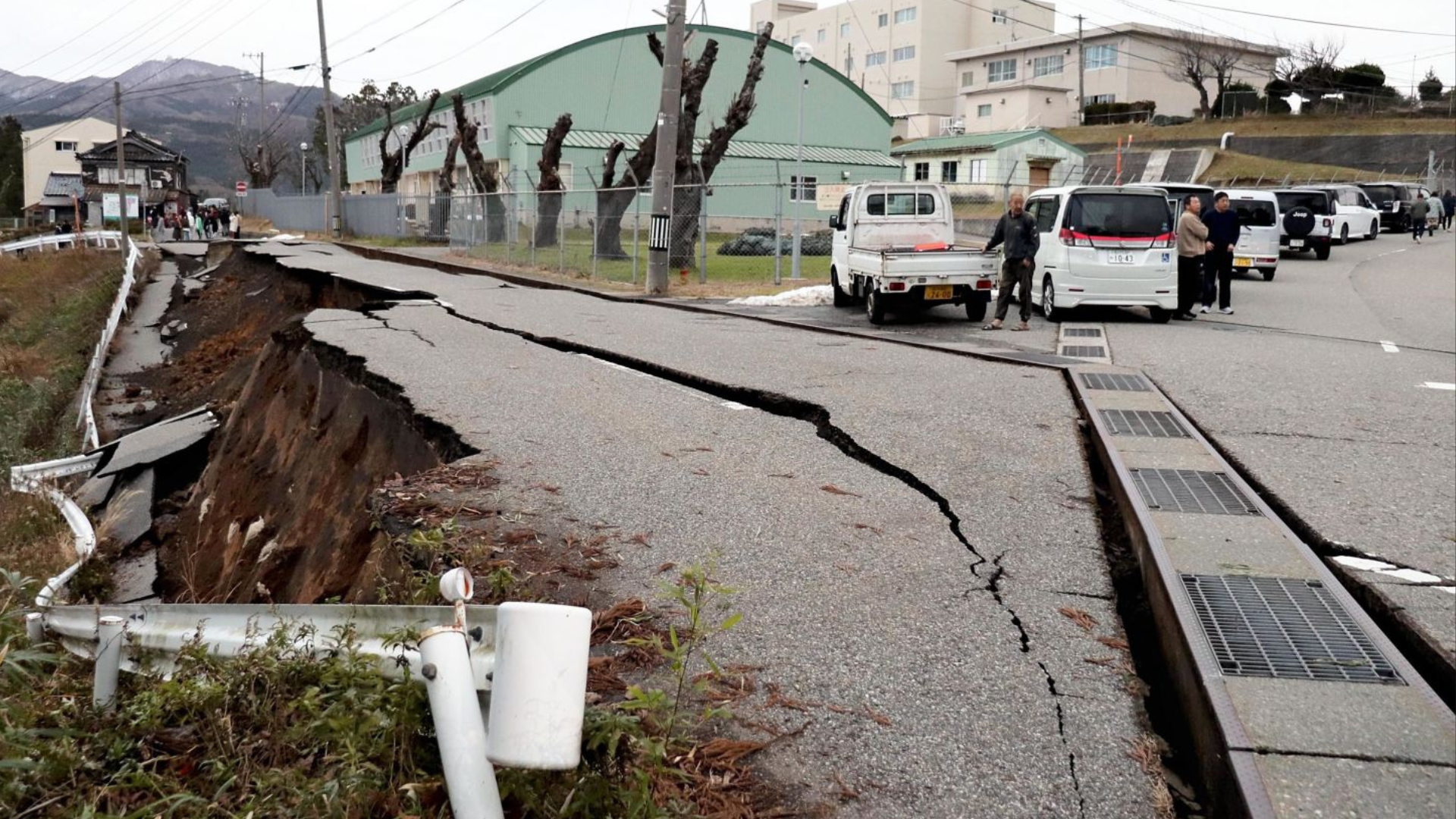



.png)

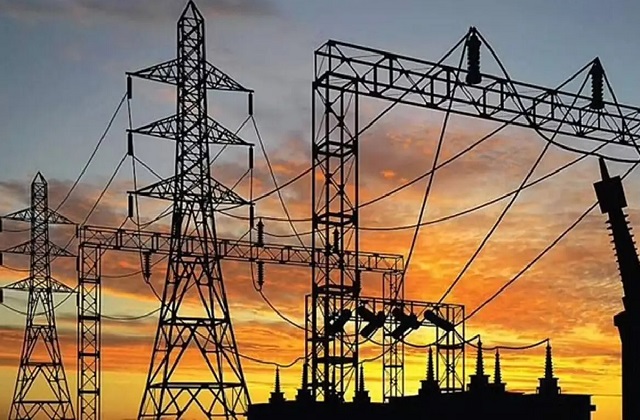



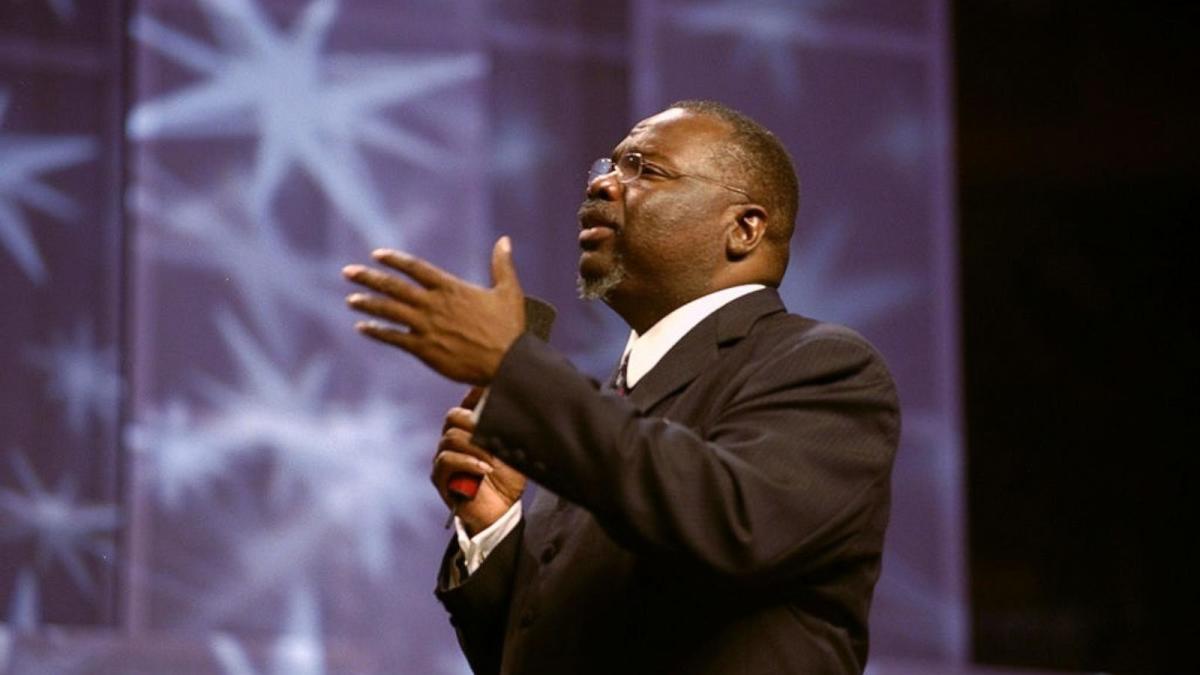

.jfif)






































































































.png)
 (1).png)























